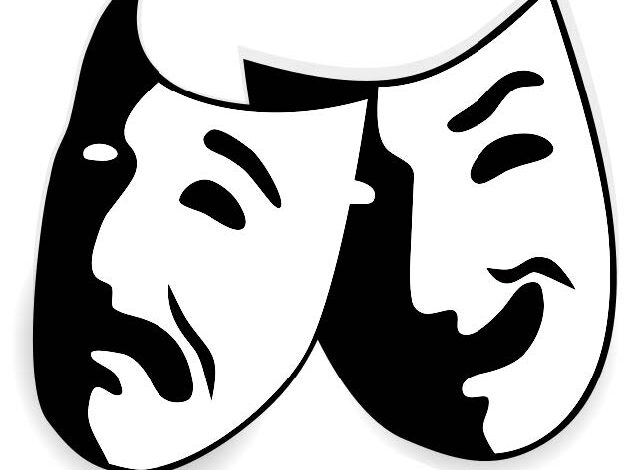
Sexism is still rampant in the world of entertainment
By Felicia Roehm
EVERY year, I enjoy watching a variety of award shows from the Oscars to the Grammys and many more.
However, it has been seen again and again that women on the red carpet get asked very different questions compared to men.
A man who is nominated for an award may be asked about his role in a movie, but women are asked about what they’re wearing or how much weight they’ve lost. More and more women are beginning to stand up against sexist questions.
This discrimination doesn’t just exist at award ceremonies: the misogyny also appears on TV interviews, podcasts and in articles. The sexism also lives behind the scenes on movie and TV sets. An article by Business Insider titled, “27 Women Who Have Talked About Experiencing Sexism in Hollywood,” explains that discrimination against women, women of color and lack of equal pay is still very relevant in the entertainment industry. The article said, “According to Forbes, actresses earned 24.8 cents for every dollar their male counterparts made in 2018, and only 14 of the 100 highest-paid celebrities that year were women.”
Elizabeth Moss, an actress from the show “Handmaid’s Tale” shared that a male executive shot down one of her ideas because he considered it, “too female.” Moss told Metro in June 2017, “It was everything, the fact it was a female lead, a female protagonist, was led by a woman, made it too female, which I was shocked by.” The male executive went behind her back and told others that her idea was “too female” and she had to hear about it from those she worked with at the time. She continued to pursue the idea anyway, just with a different team.
Mindy Kaling, an actress and producer from the show, “The Office,” said she was removed from the list of producers after the show was nominated for an Emmy. She was the only woman of color on the writing staff. Her white colleagues forced her to write an essay defending her work even though her work stood for itself. Kaling said during an interview for Elle in 2019, “I had written so many episodes, put in so much time in the editing room, just to have the Academy discard it because they couldn’t fathom I was capable of doing it all. Thankfully I was rescued by my friends, the other producers.” Kaling also explained that no woman of color should have to be “bailed out” by “more powerful white colleagues.”
America Ferrera who played Betty in “Ugly Betty,” was asked sexist questions because of her role. Ferrera explained during a cast reunion in 2017 that people would ask how it feels to play an unattractive character. She said, “It’s funny when people are like, ‘Oh, what was it like to play an ugly character? I mean, we never ask men that. You know? We just say, ‘What a great performance. Good for you for taking on that character.’” Ferrera explained that the show was supposed to portray that it is what’s under the surface that matters; however, it seemed some men couldn’t look beyond her character’s face.
These are only three examples of actresses who have faced discrimination in Hollywood. There are many more women who have had terrible experiences in the movie and television production industry, which needs to start changing. Women are taught from a young age that they must work harder than a man no matter the career path they choose. Female celebrities have to audition for more roles, stand up against inequality and are told they can only do what they love for so long until they are considered “too old” and can only play mothers or teachers. When will the media care more about a woman’s career instead of her weight, race or beauty?



